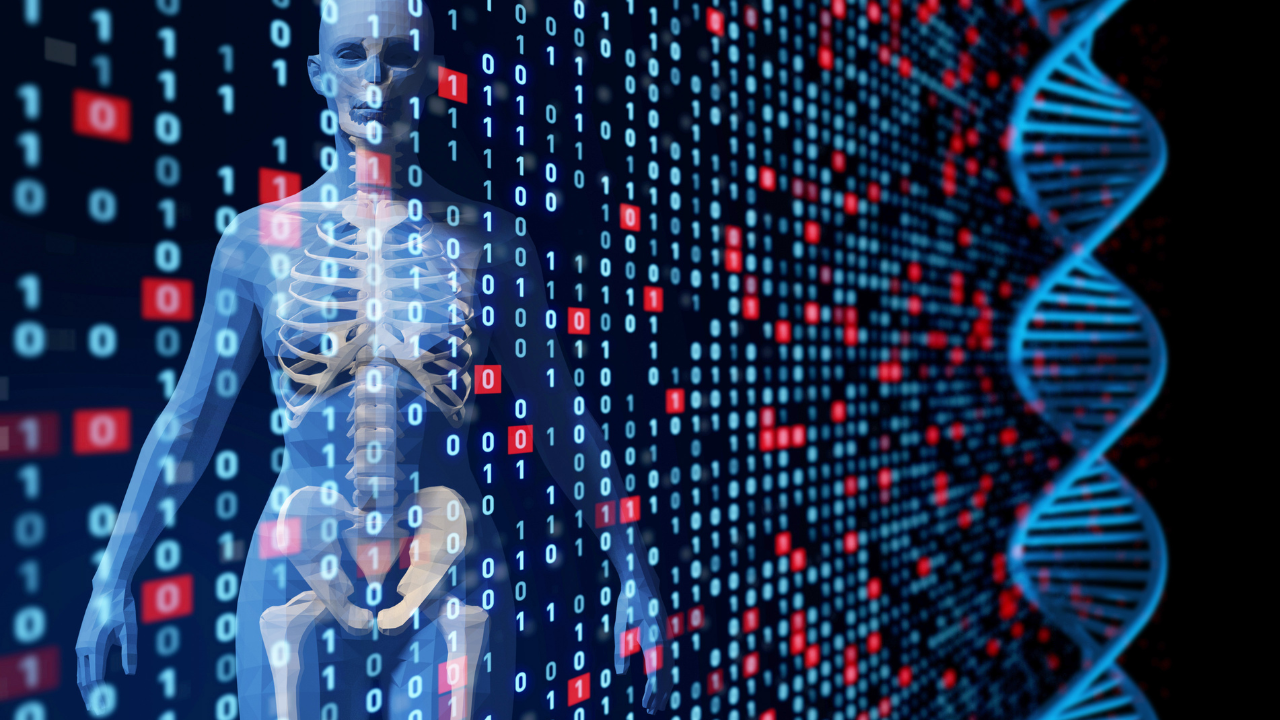Genetics and Informatics
Feb 19, 2023
Happy Sunday!
Before writing these posts, I reflect on areas were I've had interactions related to informatics in my day to day life that catch my attention.
You may have noticed that I titled this reflection Genetics & Informatics. This is an areas we discuss during the Nursing Informatics Certification Exam Review (NICER) Program and it typically comes with some questions. How is genetics related to informatics?
Well, I have experienced this myself through professional informatics consulting with a large genetics company, and also personally, with my own health visits.
The professional informatics consulting involved working with a clinical information system to support the design and testing of their product before deployed to clients. The product provided cancer screening tools for genetic counselors to use when working with referred patients to determine their cancer risk. I worked to test the software in the same way that I would for any other clinical information system.
Then recently, I was asked by my own doctor if I would be interested in obtaining a genetic screen. I had refrained from the consumer driven models but was ok with pursuing a genetic screen from my doctor's visit.
I thought it would be helpful for me to have access to that data and information in the event that it may be helpful for me to know in the future. Therefore, as a patient, without the screen I have no data or information. With the screening results, I will have data and information. I decided (for me) that having it would be more helpful than not having it.
This type of data is static in the sense that I will only need this screen once to know the results. Other data points related to health can vary such as heart rate, blood pressure and weight.
For those actively engaged with an informatics role, know that you are helping to ensure that the data and information gathered for and about patients is accurate, accessible and can lead to informed use.
The work may not always be discussed in that way as it can feel like an indirect role. However, it is so important and necessary to have professionals who are able to help support the development and delivery of these tools so that people can gain access to data and information about their own health that years ago was not as feasible. I used genetics data as an example for this post. However, there are many areas where this is true.
Enjoy your week. Let us know how we might be able to be helpful to you.
Lorem ipsum dolor sit amet, consectetur adipiscing elit. Cras sed sapien quam. Sed dapibus est id enim facilisis, at posuere turpis adipiscing. Quisque sit amet dui dui.
Stay connected with news and updates!
Join our mailing list to receive the latest news and updates from our team.
Don't worry, your information will not be shared.
We hate SPAM. We will never sell your information, for any reason.

